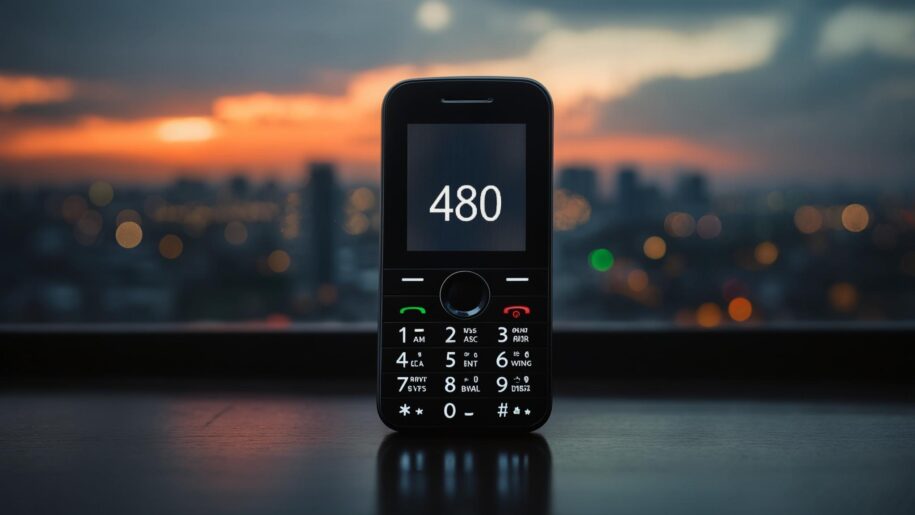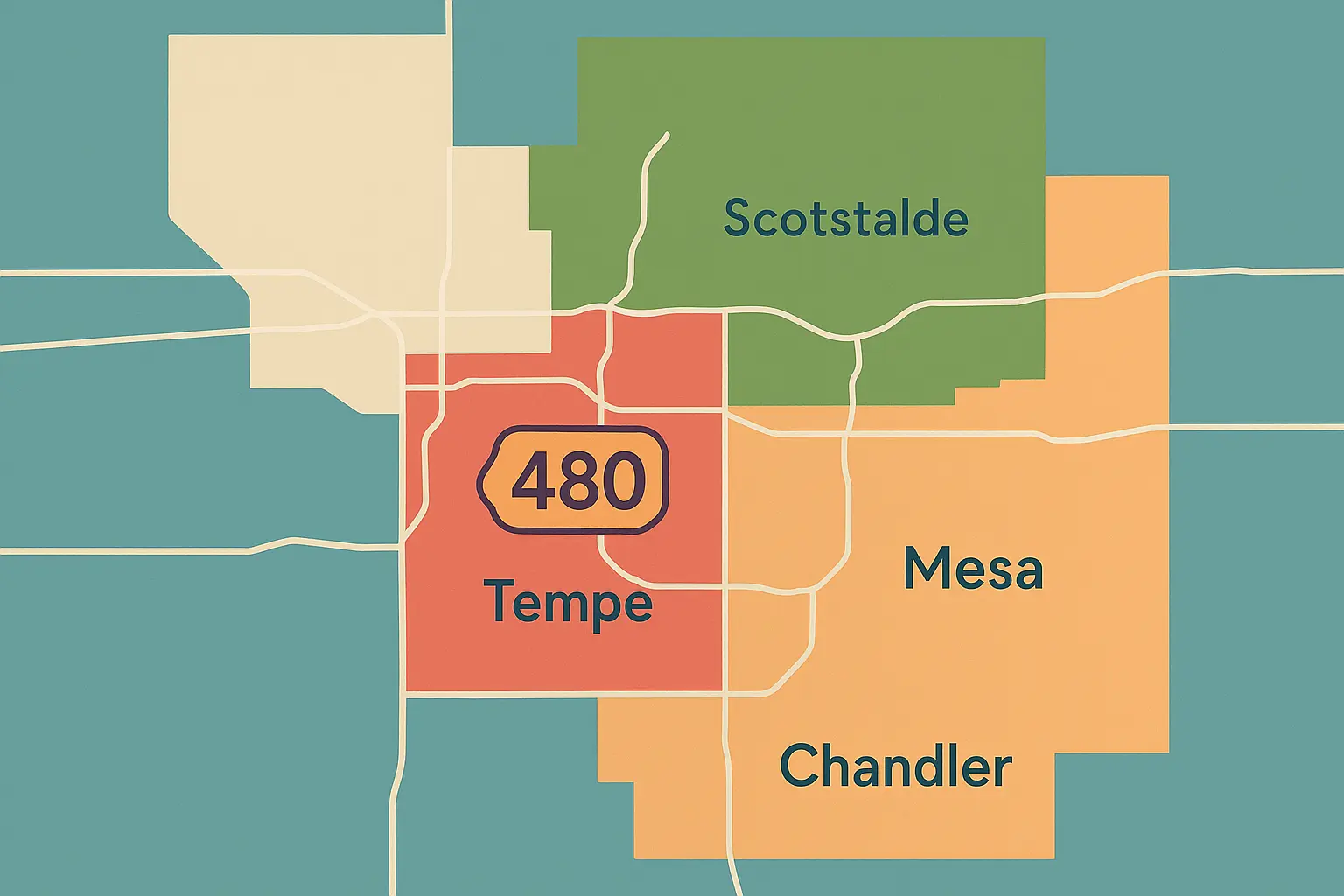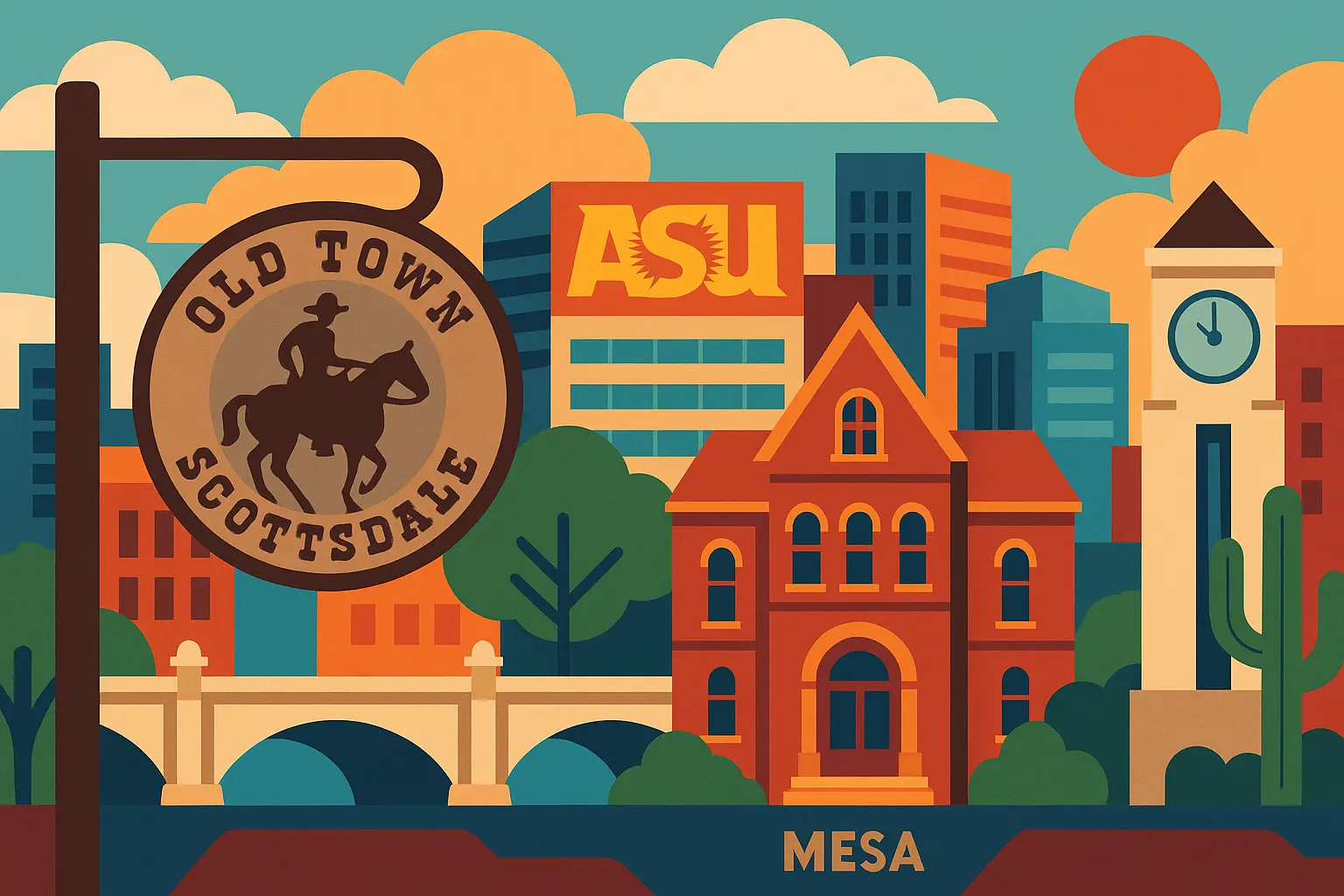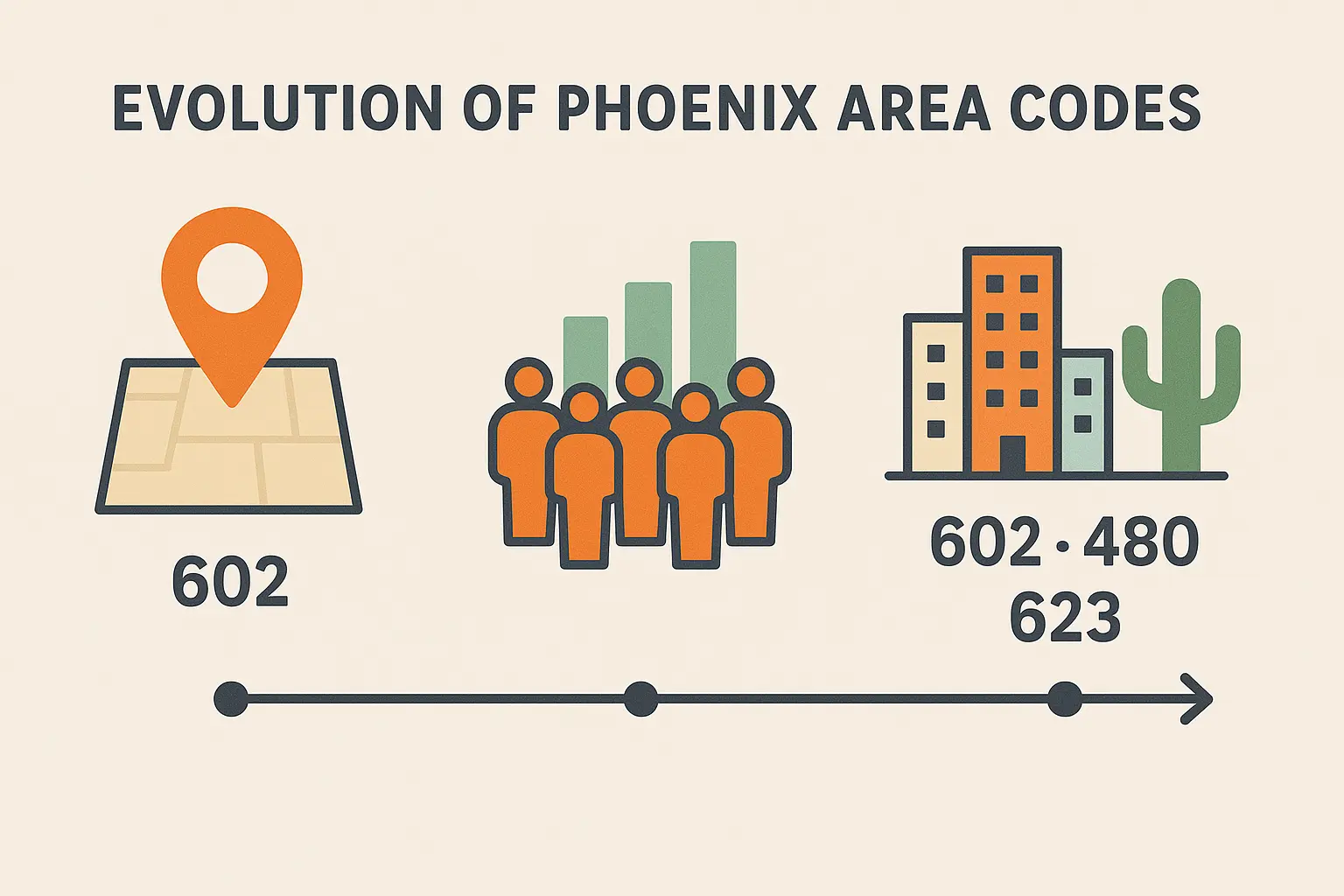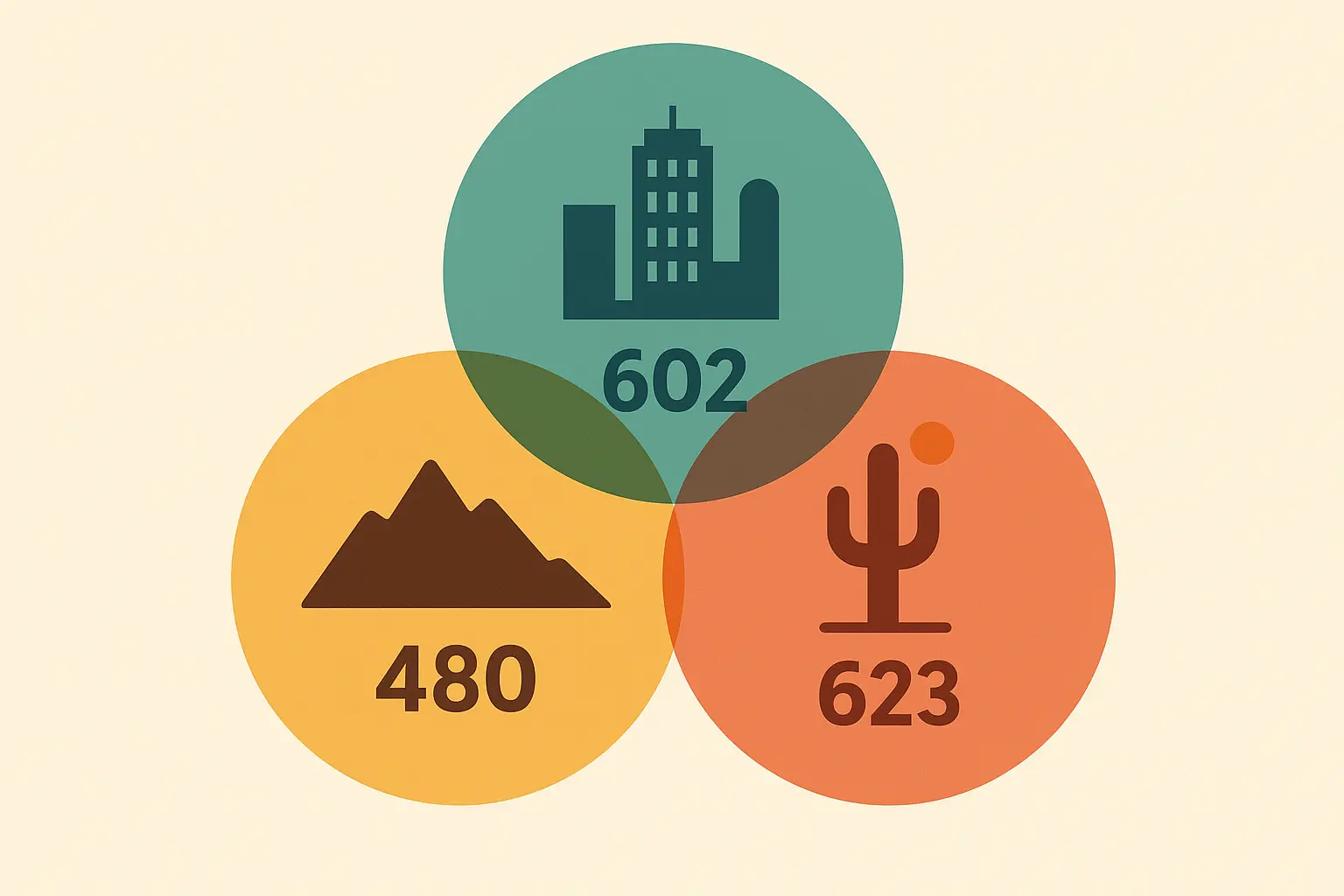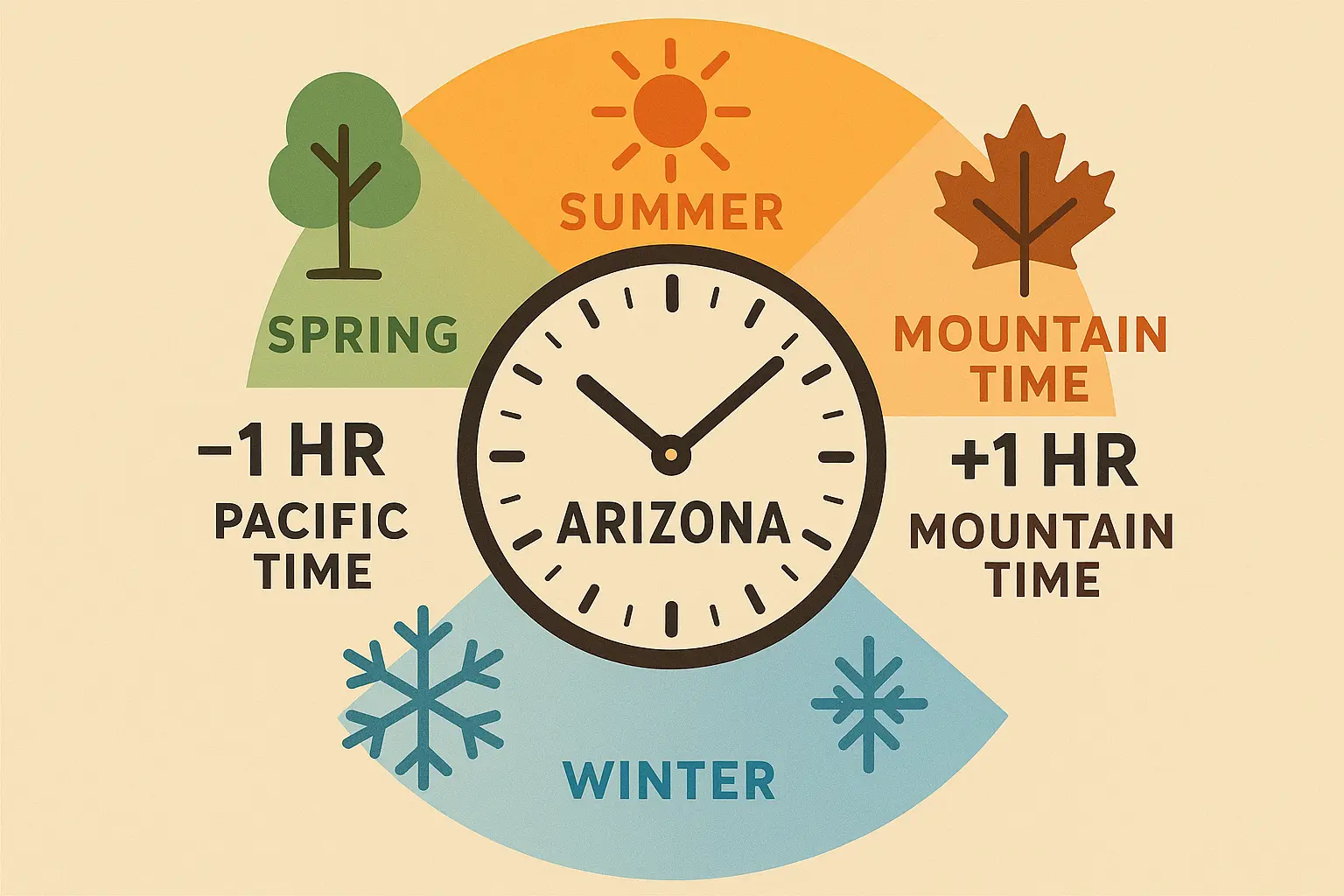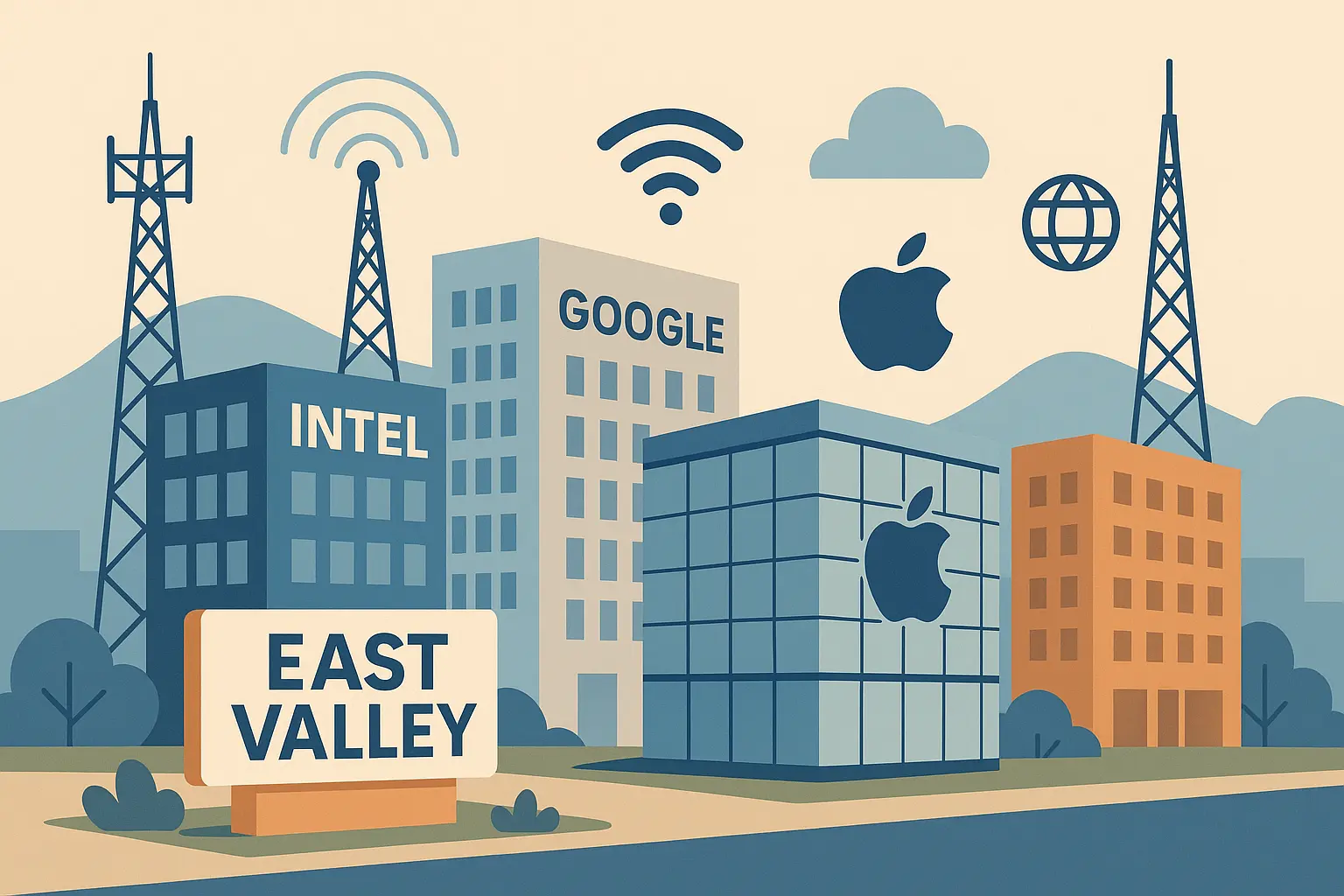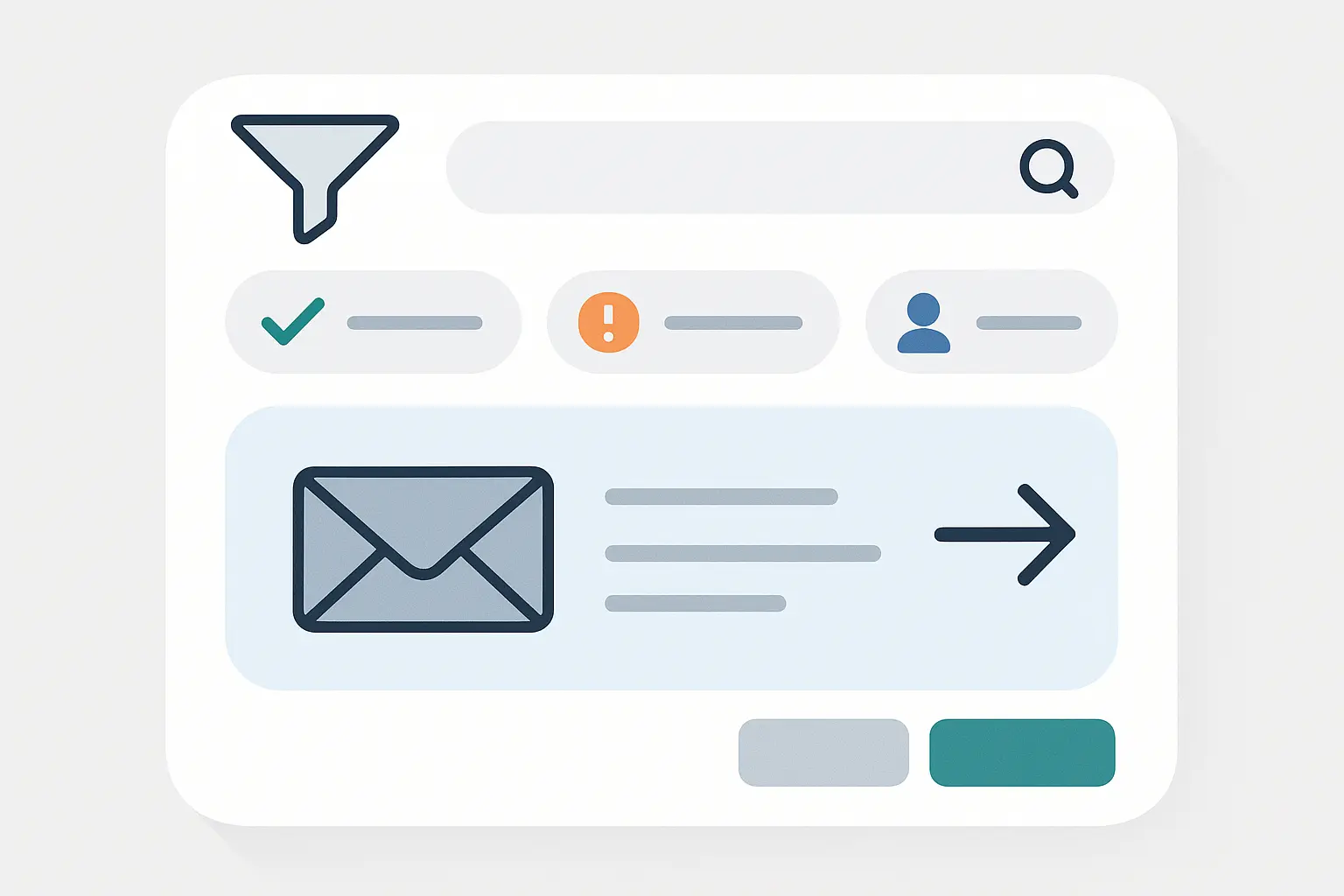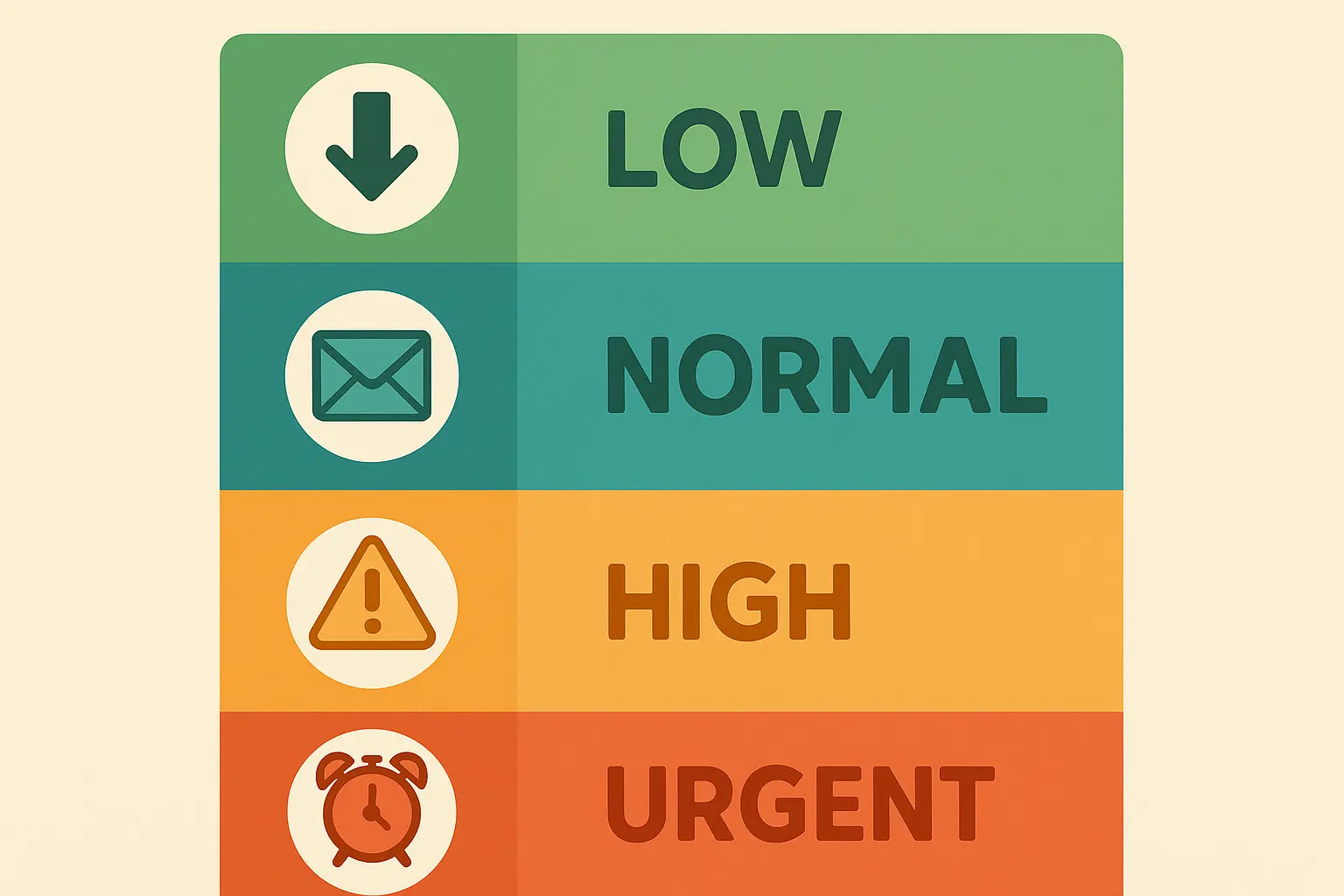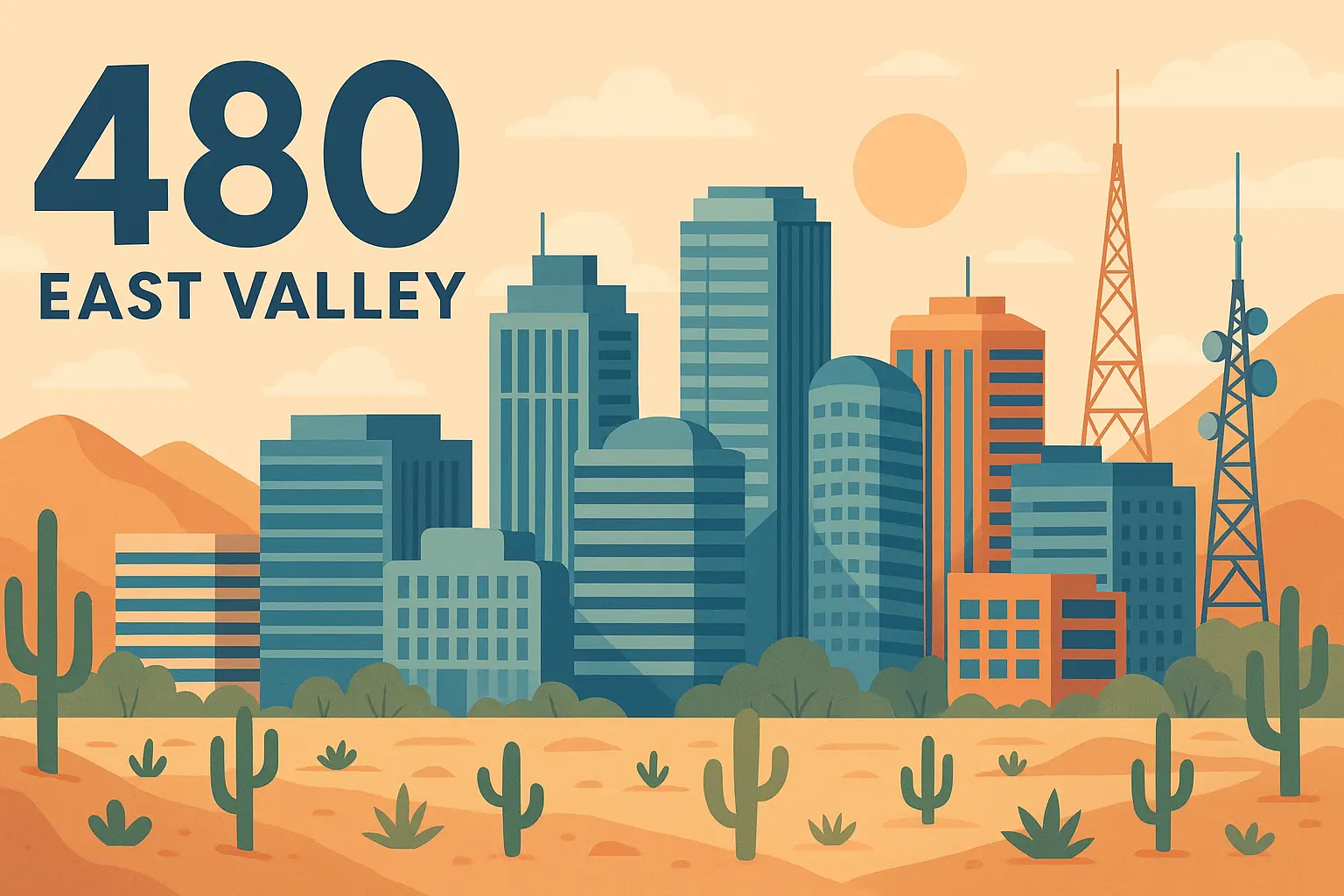Most people think 480 is just Scottsdale’s area code. They’re wrong. This three-digit number covers a massive chunk of the East Valley that’s home to over 2.5 million people, quirky time zone rules, and some unique communication challenges you won’t find anywhere else in the country.
The 480 region has exploded into one of the Southwest’s most significant telecommunications zones. According to demographic data, the total population of Area Code 480 is 2,553,748, making it one of the most populous area codes in Arizona. From luxury resorts to college campuses to major manufacturing centers, 480 territory encompasses far more than most people realize.
Table of Contents
Table of Contents
-
The Real 480 Territory (Beyond Scottsdale)
-
How Phoenix Got Three Area Codes
-
Arizona’s Time Zone Creates Unique Challenges
-
Business Communication in the 480 Region
-
Managing Your Messages Effectively
TL;DR
-
480 covers the entire eastern Phoenix metro, serving 2.5+ million people
-
Arizona’s year-round Mountain Standard Time affects business scheduling
-
Recent changes eliminate geographic boundaries between Phoenix area codes
The Real 480 Territory (Beyond Scottsdale)
The 480 region spans everything from luxury resorts to college campuses to major manufacturing centers. When people ask where area code 480 reaches, the answer covers basically the entire eastern half of the Phoenix metro.
|
Major 480 Cities |
Population Range |
Primary Industries |
|---|---|---|
|
Mesa |
500,000+ |
Healthcare, Education, Manufacturing |
|
Chandler |
275,000+ |
Technology, Aerospace, Corporate HQ |
|
Scottsdale |
250,000+ |
Tourism, Finance, Real Estate |
|
Tempe |
190,000+ |
Education (ASU), Technology, Startups |
|
Gilbert |
270,000+ |
Family Services, Retail, Healthcare |
Major Economic Centers
Mesa alone has over half a million residents, making it larger than many state capitals. Chandler has become a tech powerhouse, while Gilbert consistently ranks among America’s safest cities. Each brings distinct characteristics to the 480 landscape.
Scottsdale might be the most recognizable name, known for upscale resorts, golf courses, and business districts. Having a 480 number here carries prestige, especially in Old Town and North Scottsdale where major corporations have established operations.
Tempe brings college energy mixed with tech innovation as home to Arizona State University. The city has grown far beyond its university roots, becoming a major hub for startups and established companies taking advantage of the area’s educated workforce.
Hidden Communities and Growth Areas
Beyond major cities, 480 covers dozens of smaller communities, planned developments, and unincorporated areas experiencing rapid growth. Master-planned communities throughout the region offer everything from luxury golf course living to family-friendly neighborhoods.
Communities like Ahwatukee Foothills, Sun Lakes, and parts of Queen Creek all fall under 480 coverage. The reach extends much further than most people imagine, covering everything from desert estates to suburban shopping centers.
How Phoenix Got Three Area Codes
Phoenix became too big for one area code. The split from 602 wasn’t random – telecommunications planners studied population patterns, growth projections, and business development to determine where divisions should happen.
The original 602 served the entire Phoenix metro for decades, but explosive 1990s population growth meant running out of phone numbers. The East Valley’s rapid expansion made it the logical choice for a new area code.
However, the system is changing again. Recent reports indicate that “scarcity of 480 numbers leads to new system for assigning area codes” according to AZ Central, with the Arizona Corporation Commission implementing an overlay system to address the shortage.
The Three-Way Division
Phoenix uses three area codes in a system that made geographic sense:
|
Area Code |
Traditional Coverage |
Current Status |
Population Served |
|---|---|---|---|
|
602 |
Central Phoenix |
Geographic boundaries removed |
~800,000 |
|
480 |
East Valley |
Numbers nearly exhausted |
2,553,748 |
|
623 |
West Valley |
Ample numbers available |
~1,200,000 |
The 602 area code kept central Phoenix, downtown, and established urban neighborhoods. The 623 area code covers western valley communities like Glendale, Peoria, and Surprise. Together with 480, this created comprehensive coverage without overlap.
Recent changes are eliminating these geographic boundaries. As “changes coming to how Maricopa County area codes are assigned” Fox 10 Phoenix reports, any of the three area codes can now be assigned anywhere in the metro area.
Economic Growth Driving Demand
The population boom wasn’t just residential – major corporations relocated to the East Valley, bringing thousands of jobs and requiring extensive telecommunications infrastructure. This business development accelerated demand for more phone numbers than 602 could provide.
The economic prosperity driving this growth is evident in area demographics, with the median household income in Area Code 480 being $91,290, significantly higher than many metropolitan areas. This affluence attracted more businesses and residents, creating a growth cycle that continues today.
Arizona’s Time Zone Creates Unique Challenges
Arizona doesn’t observe daylight saving time, which means 480 numbers stay on Mountain Standard Time year-round. This creates interesting situations for business communications and scheduling that don’t exist in most other area codes.
No Clock Changes, Ever
While the rest of the country springs forward and falls back, Arizona stays put on Mountain Standard Time. During summer months, 480 operates on the same time as Pacific Time, but during winter, it aligns with Mountain Time.
For example, during summer months, a business call from 480 to Los Angeles happens at the same local time for both parties (2 PM in Phoenix = 2 PM in LA), but during winter, Phoenix is an hour ahead (2 PM in Phoenix = 1 PM in LA).
Business Scheduling Impact
This time zone quirk affects everything from automated systems to conference calls. The 480 region operates in a telecommunications environment unique in the United States, creating both advantages and challenges.
For businesses, not changing clocks twice a year eliminates confusion about meeting times and automated systems. Message forwarding and business communications maintain consistent timing year-round, which provides stability that other regions lack.
The seasonal shifts affect everything from customer service hours to automated marketing campaigns. Businesses have learned to build flexibility into communication systems to handle time zone relationships that change twice a year.
Business Communication in the 480 Region
The 480 area serves a highly active business community, with 64.6% of people in the labor force, indicating an engaged workforce that relies heavily on consistent communication systems.
From healthcare practices in Scottsdale to tech startups in Tempe, companies throughout the region have embraced digital communication tools that go far beyond traditional phone calls.
SMS Becomes Business Critical
Businesses throughout the region have embraced text messaging as a primary communication channel. From appointment reminders in Scottsdale spas to customer service for Mesa retailers, SMS has become essential for maintaining client relationships.
The shift toward text-based communication has been dramatic. Local businesses have transformed customer service approaches, moving from phone-heavy operations to SMS-first strategies that customers prefer.
The problem with relying heavily on SMS is that messages can get lost, delayed, or missed entirely. Network congestion during peak business hours can cause significant delays. During major events in Scottsdale or busy shopping periods in Chandler, text messages sometimes arrive hours after being sent.
Tech Industry Concentration
The East Valley has become a major tech hub, with companies choosing 480 locations for everything from software development to customer service centers. Major corporations have established significant operations throughout the region, bringing sophisticated communication requirements.
Tech companies often deal with thousands of text messages daily – from system alerts to customer communications. Without proper forwarding and filtering systems, critical messages easily get buried in the noise.
Many businesses need SMS communications to integrate directly with custom software systems, CRM platforms, or project management tools. This requires sophisticated routing capabilities that can handle high-volume messaging while maintaining security and reliability.
Managing Your Messages Effectively
Whether running a business or wanting better control over communications, there are sophisticated ways to manage your 480 text messages. The key is understanding that different businesses have different needs.
Smart Filtering and Routing
Advanced message management allows you to set up intelligent filtering rules that automatically forward specific messages to designated email addresses or business systems. You can filter by keywords, sender numbers, or case-sensitive terms to ensure the right messages reach the right people.
A Scottsdale real estate agent might set up filters to automatically forward any text containing “MLS,” “showing,” or “offer” to their business email, while routing messages with “emergency” or “urgent” to both email and their assistant’s phone.
Many East Valley businesses are discovering that learning how to forward text messages on an Android phone helps them maintain better customer service when staff members are managing multiple devices or locations.
Integration with Business Systems
For businesses using tools like Slack, custom APIs, or other communication platforms, integrating text messages into existing workflows creates a seamless communication experience that matches the tech-forward culture of the East Valley business community.
New users can benefit from getting started with AutoForward SMS for the first time with step-by-step guidance tailored to business communication needs.
Advanced businesses often need to forward text messages to an API URL endpoint for seamless integration with custom business applications and automated workflows.
For tech-savvy businesses in the region, forwarding text messages to a Slack channel has become a popular solution for keeping entire teams informed about customer communications in real-time.
Professional Communication Patterns
Professional terminology often relies on precise capitalization to convey meaning. Medical practices, legal firms, and technical companies throughout the 480 region use abbreviations and codes where case sensitivity can completely change message meaning.
Healthcare practices in Scottsdale might need to distinguish between “STAT” and “stat” in their messaging, while real estate professionals in Gilbert might have different forwarding rules for “MLS” versus “mls.”
Geographic Advantages for Message Reliability
The 480 region’s geographic characteristics create unique advantages for message forwarding systems. The area’s relatively flat terrain and dense cell tower coverage mean fewer dead zones, though rapid development sometimes outpaces infrastructure updates.
Major business corridors in Scottsdale and Tempe can experience message delays during peak hours due to network congestion. Having automatic forwarding to email ensures important communications reach you even when cellular networks are overloaded.
Many 480 professionals work remotely or travel frequently between various East Valley cities. Reliable message forwarding ensures they stay connected to critical business communications regardless of physical location or which device they’re using.
The 480 Future
The 480 area code represents more than just numbers – it reflects the East Valley’s incredible growth and evolution into a major economic center. From Scottsdale’s business districts to Tempe’s innovation hubs, understanding how 480 fits into Arizona’s telecommunications landscape helps navigate both personal and professional communications more effectively.
As the region continues growing, reliable communication becomes more important every year. Whether managing a growing business or ensuring you never miss important messages, having the right tools and understanding how your area code works makes all the difference in staying connected.
The 480 area will continue evolving as the East Valley grows, but the fundamentals of good communication management remain constant. Smart filtering, reliable forwarding, and understanding your unique business needs will keep you connected no matter how the telecommunications landscape changes.
